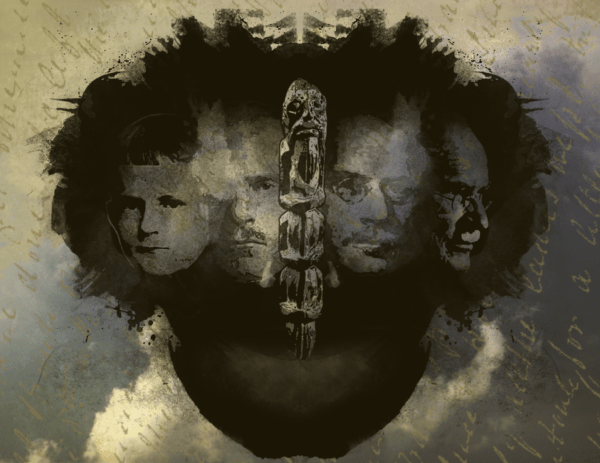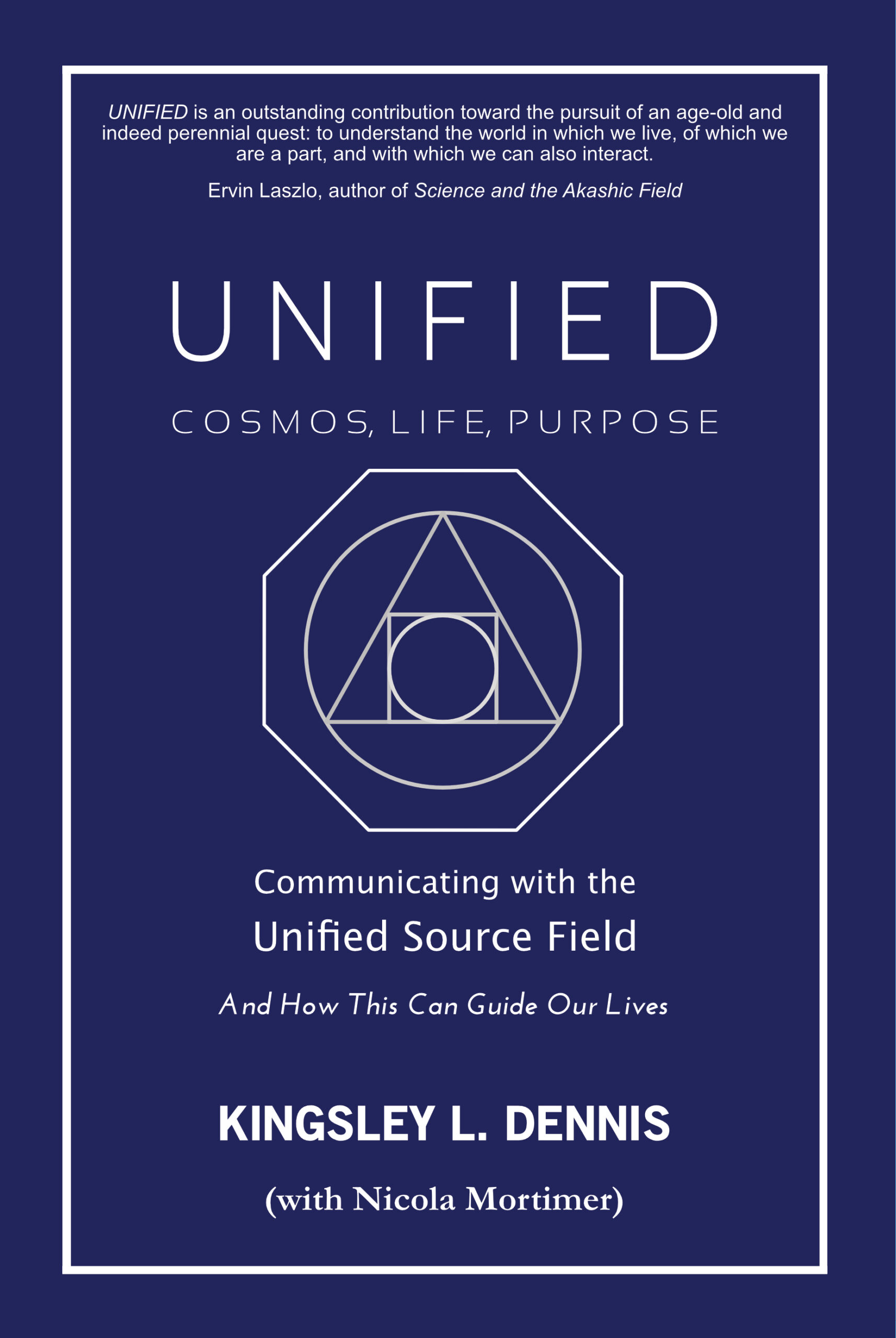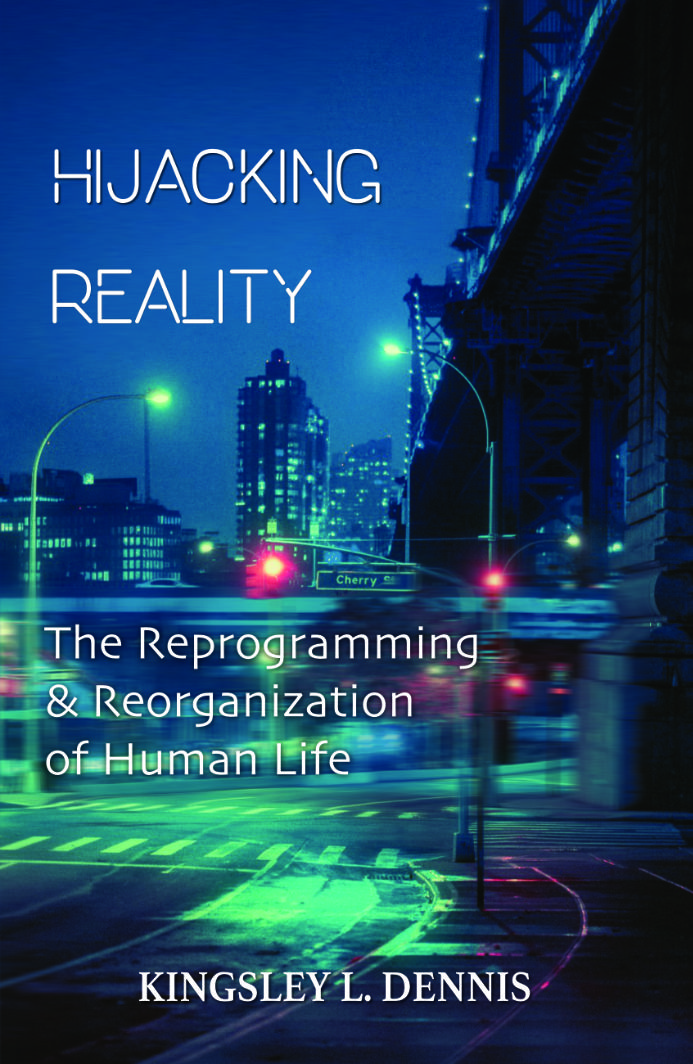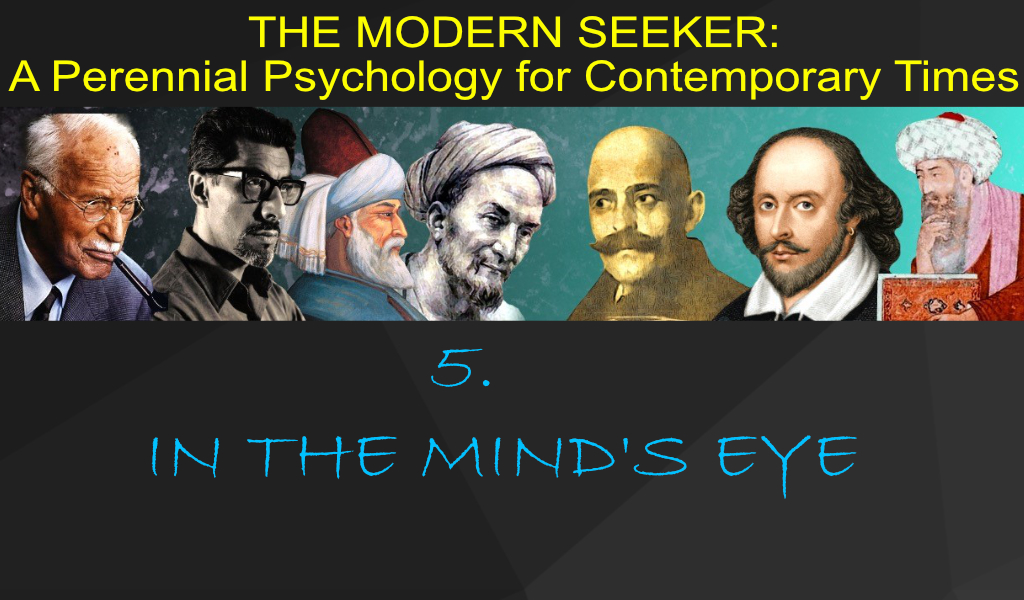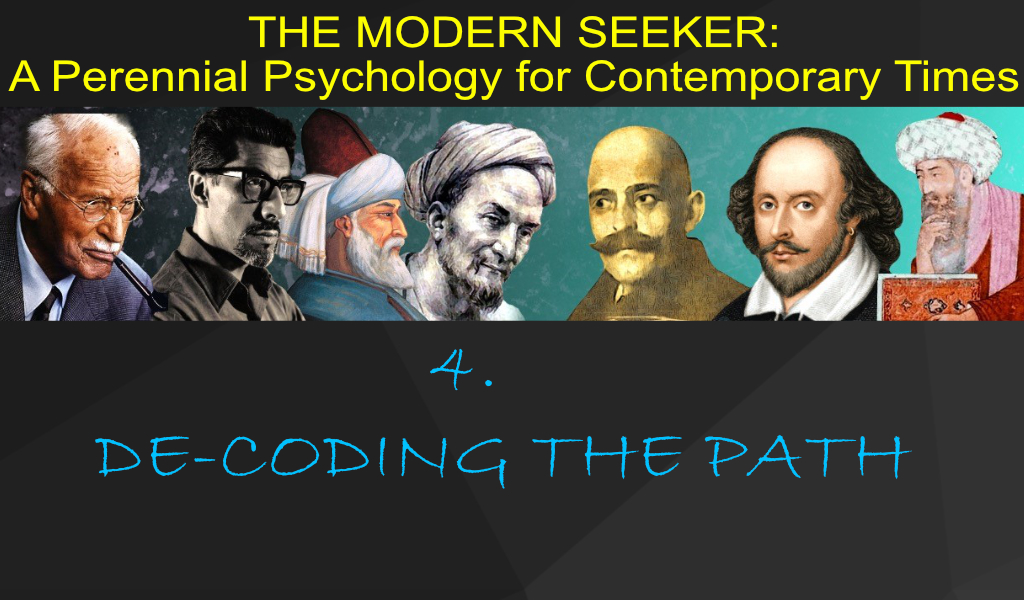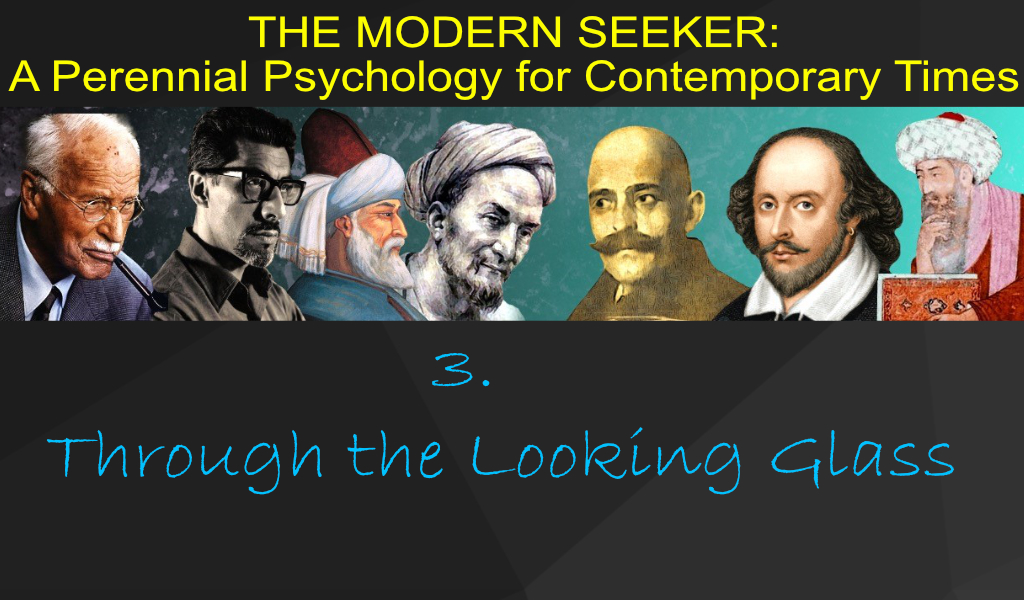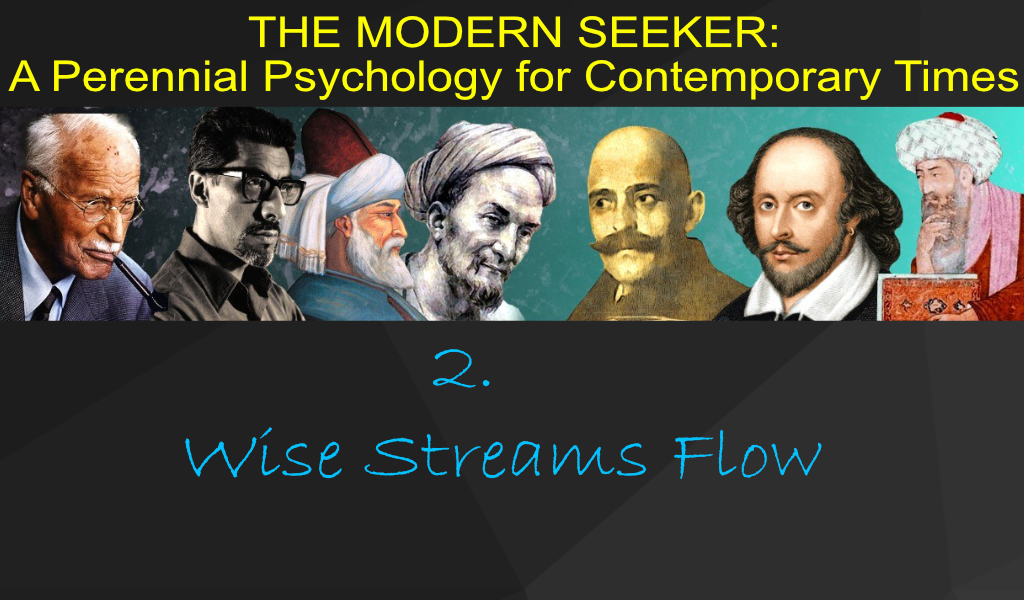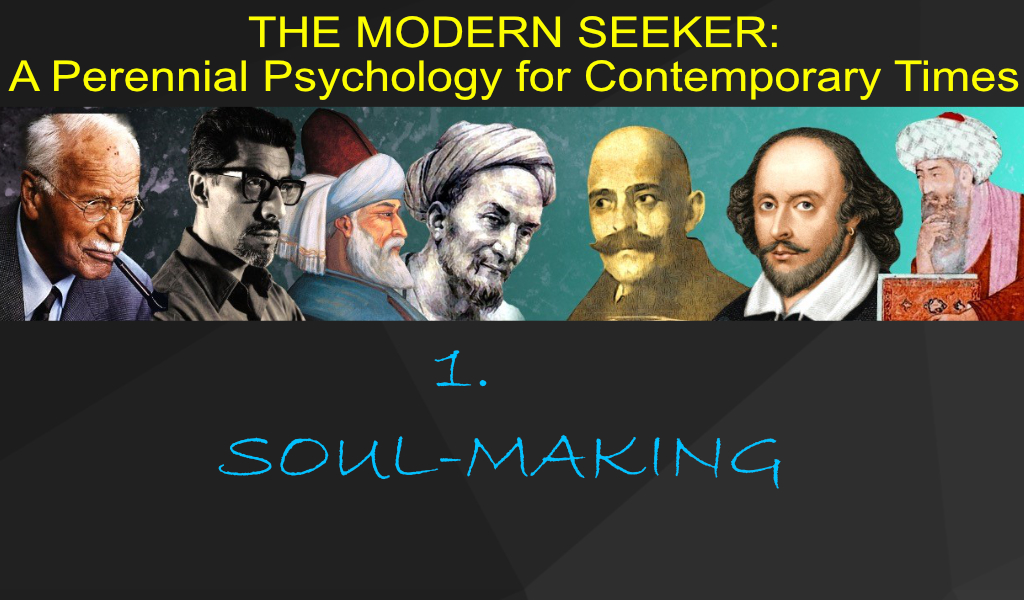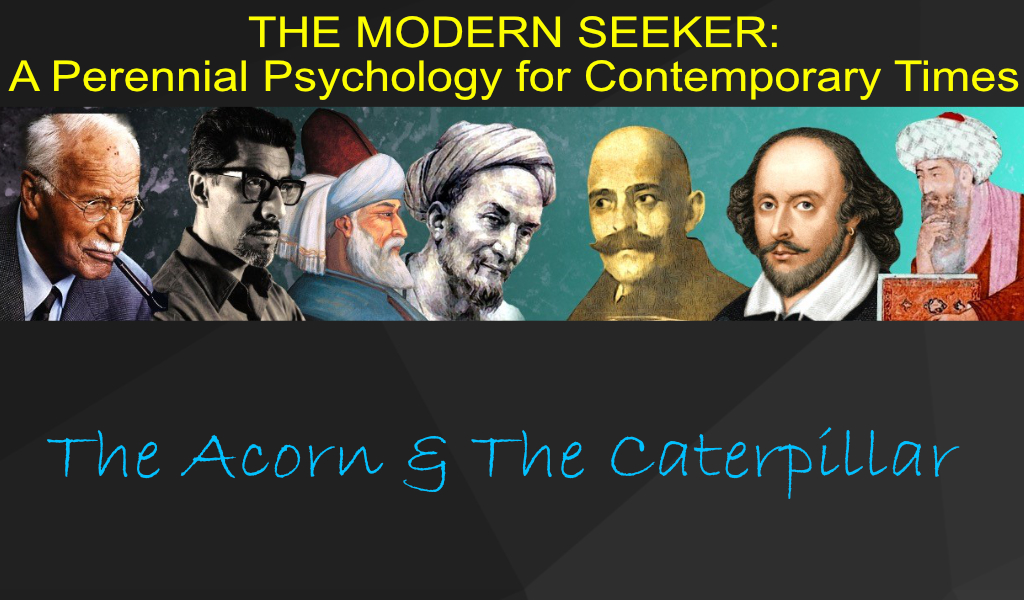The early years of childhood are our formative years where the hearts and minds of young souls are nurtured and developed. It is also the period of compulsory schooling, a form of social and informational programming that reaches us early before we can become fully formed adults. What we understand today as ‘modern’ forms of schooling began during the industrial age where the marks system was brought into effect as a way of mass grading. Students now get 80 or 75 or 60, or a 45 as a mark of their ability. Our institutions and modern societies measure the worth of an individual according to these grades, which then follow them around for the rest of their lives as a ‘status mark.’ It is no coincidence that the rise of industrial nations saw the rise of compulsory schooling as it served to create a nation of potential workers. When automated workers are required as cogs in the machine then the last thing the system wants are creative, visionary individuals with minds of their own. This is an ongoing social system that follows a person throughout their life and which I refer to as the artificial extension of childhood.[i]
Many of our schools, in the ‘modern’ world especially, have become factories of childishness, where children are forced to grow older without growing up. It is perhaps no coincidence that the formal categorization of ‘adolescence’ arrived around the time when compulsory schooling was being established into organized state bodies. It is an accepted fact that compulsory schooling of the later industrial era was based on the Prussian model. It has been criticized widely as ‘an educational system deliberately designed to produce mediocre intellects, to hamstring the inner life, to deny students appreciable leadership skills, and to ensure docile and incomplete citizens – all in order to render the populace “manageable.”’1
At an early age, children are divided by subject, grades and rankings, authoritative expectations, and many other subtle means. When combined together it creates a system that develops separated, docile, and obedient individuals that are pliant in adhering to the collective-consumer life that awaits them. In the interests of the development of complex economic and political nations, it would be efficient to have a regulated ‘dumbed down’ populace that would conform to authority and accept their lot in life. A mind molded by standardized tests and programmed by mandatory acquiescence would appear ideal to a ruling elite.
William Torrey Harris, US Commissioner of Education from 1889 to 1906, declared that society needed a tool to develop psychological alienation so that children would place their dependence upon outside authority. This could be best achieved, he said, within dark, airless corridors. In his Philosophy of Education (1906) he wrote that
Ninety-nine [students] out of a hundred are automata, careful to walk in prescribed paths, careful to follow the prescribed custom. This is not an accident but the result of substantial education which, scientifically defined, is the subsumption of the individual…The great purpose of school can be realized better in dark, airless, ugly places…School should develop the power to withdraw from the external world.
This is a mindset that knows that by developing individual alienation within children it is easier for them to deal with mundane jobs in a motiveless world, flipping burgers or packing boxes. Such a life can be tolerated better without a rich inner life.
Education was hijacked to become a training ground for implanting a deliberate mindset, creating a large class of automata-workers that subscribe to a consumerist lifestyle. It is a programming that inculcates the capacity for maintaining the boredom of routine work whilst arresting inner development. Children grow in years yet are kept at a childish, immature stage within. We need to recognize that these goals are not conspiracy-related but are policy-related.
Arrested Development
A huge document of government policy named The Behavioral Science Teacher Education Project outlined reforms for compulsory schooling to be forcibly implemented on US education after 1967. Its stated aims were to keep track of the common masses and expose it to ‘direct or subliminal influence when necessary’ to develop a society where ‘few will be able to maintain control over their own opinions.’ The report also told of how ‘chemical experimentation’ on minors will become normal procedure after 1967 – a foreshadow of today’s prescription drug epidemic in classrooms with Ritalin and Adderol use.
Education in our modern societies is serving to de-individualize the students in a system that favors standardization over vision and creativity. No wonder that standardized testing is the bane of student life and the cause of so much stress. In the United States the Scholastic Assessment Test (known as SAT) states that it measures literacy, numeracy and writing skills needed for ‘academic success’ in college. And yet the SATS are famous for their use of obscure vocabulary and rigidity that emphasize regurgitation of conditioned learning over individual intelligence. The SATs are designed to rank students – the hierarchical mentality – rather than measuring what the student knows. These ranking labels remain with students throughout their lives and further condition a psychological state of ‘status number’ or failure, unworthiness. Students have known to commit suicide or engage in self-harm due to the stress of educational exams.
We are led to believe that ‘success’ correlates with ‘schooling’ yet this is not true from any intellectual or financial standpoint. This is a myth of our conditioning. In fact, a great number of successful, inventive, and/or rich people have become so through their own self-initiated drives. Do the homework yourselves. Look up the lives of creative and inventive people that have made a mark on the world and see how many of them trace their success to their school training. You might also be surprised how many of these people actually dropped out of school or opted for alternative routes. Compulsory schooling arrests the development of creative, imaginative, and innovative minds. They are a formative training ground preparing a generation of young people for a life where social systems continue to take away our responsibilities, economically (easy credit), culturally (easy social security), emotionally (easy entertainment), and intellectually (easy false answers, or fake news).
Perhaps the only truthful thing about compulsory schooling is that it teaches the young child about their place in the social order, which then lasts a lifetime for most people. We may think we are sending our children to school – to be taught by perfect strangers and to be given information we cannot be sure of – in order to be taught to be smart. But that just isn’t the case. We are sending children off to be conditioned into accepting the dominant narrative and to be instructed to conform. Schooling is not based around the interests of the students but exclusively around the wishes of others who act in their own self-interests.
Look at how schools are increasingly mirroring prisons, especially in the US. Students have to pass through a metal detector before entering school or are searched by armed guards. They cannot go to the toilet without being issued a ‘Hall Pass’ and their movements are monitored at all times. This type of schooling becomes a laboratory for later society, where monitoring and punishment is trained into them to be always close at hand. From factory schooling to prison – the US now jails 25% of all prisoners on earth. Something is obviously failing people here; or preparing them.
A Loss of Creativity
Real education is about integral perspective, contextual awareness, and making connections. These qualities, when exercised and strengthened, help to develop greater self-awareness. Learning is about internal growth and knowing about yourself. Otherwise you are another compliant cog within the system of the collective dominant mental paradigm. Self-awareness and self-knowledge are what helps us to integrate with the wider environment, and to live balanced, coherent social lives. The very opposite to this is self-alienation, which if we remember was one of the early declared goals of compulsory schooling – achieved within ‘dark, airless, ugly places.’
Throughout the history of compulsory schooling within such modern societies as the US and the UK there has been an erosion of children’s imagination and the neglect of their inner life. Classes of art, music, creative writing, and other creative subjects have been gradually taken off the curriculum. In its place the student is confronted (or traumatized) by endless memory drills and multiple-choice exams and other forms of standardized testing. The result of this is that in the US the National Commission on the Future of Higher Education reported, in August 2006, that ‘Only 31 percent of college-educated Americans can fully comprehend a newspaper story, down from 40 percent a decade ago.’2 It almost seems as if there is a deliberate policy of keeping people dumb.
We are being given a collective mind of conformity, where creativity, vision, and the wider integral context is noticeably absent. In its place we have a range of trendy-sounding educational models such as mastery learning; outcomes-based education; school-to-work; and classroom-business partnerships. They all sound very future-work orientated, yet whose future?
Thinking about the future has perhaps never before presented us with so many contradictory thoughts. We are more certain of our uncertainty than of our future. And yet at the same time our younger generations are being confronted and bombarded with unprecedented impacts, influences, and negative distractions. What is needed is a shift from fixed one-size-fits-all curriculums and awful standardized testing. What we need is more self-education and auto-didactic pursuits – with vision, innovation, and creativity. The imagination needs to be given wings to fly and not be clipped and abolished from the learning environment. Some of our best minds have been daydreamers, famously including Einstein. Imagination is one of the values that can push back the influence of the socially constricted mind. Let our minds wander freely.
Extracted from the book Healing the Wounded Mind: The Psychosis of the Modern World and the Search for the Self.
Kingsley L. Dennis is the author of Healing the Wounded Mind: The Psychosis of the Modern World and the Search for the Self and Bardo Times: hyperreality, high-velocity, simulation, automation, mutation – a hoax? available at Amazon. Visit him on the web at https://www.kingsleydennis.com/
Endnotes
1 Gatto, John Taylor. 2010. Weapons of Mass Instruction: A Schoolteacher’s Journey
Through the Dark World of Compulsory Schooling. BC, Canada: New Society Publishers, xvii
2 Cited in Gatto, John Taylor. 2010. Weapons of Mass Instruction: A Schoolteacher’s
Journey Through the Dark World of Compulsory Schooling. BC, Canada: New Society Publishers, p99
[i] This term was earlier used by schoolteacher and educator John Taylor Gatto.


